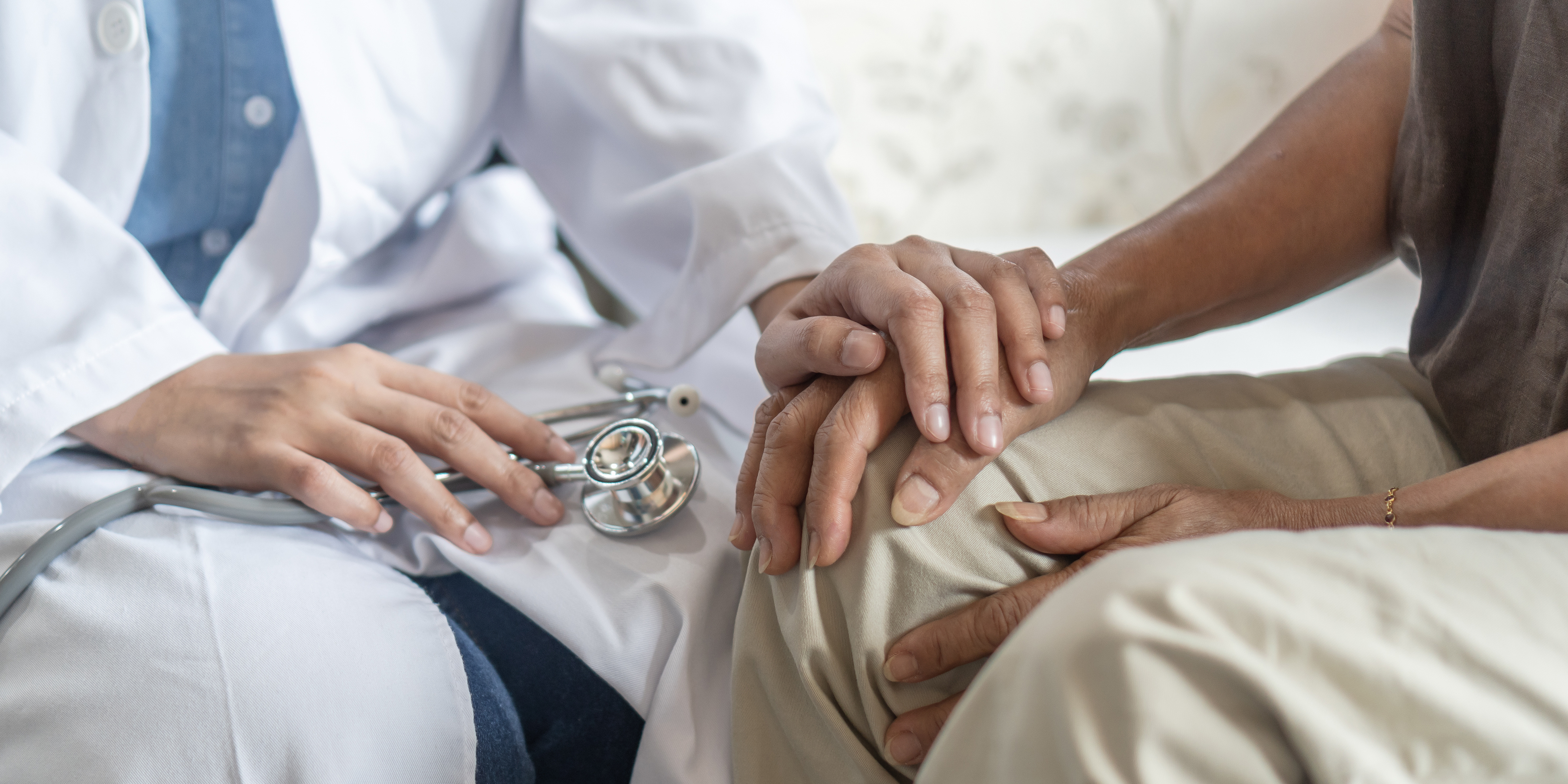By: Dr. Riffat Sadiq, CEO of WNY Medical PC, Channel Creator
As we age, our bones become increasingly important because we are more vulnerable to falls and fractures. Osteoporosis, a condition that weakens bones, affects about one in five women and one in twenty men over 50. Our bones consist of two types of cells; one that builds bones, and another that breaks them down. When we are young, we have a lot of bone-building cells called osteoblasts. However, as we get older, we have more bone-eating cells called osteoclasts.
The only way to combat these bone-eating cells is through a healthy diet and regular exercise. In women, hormone levels, such as estrogen, decrease, further impacting bone health. When we are young, our bones are dense and strong, but as we age, they can develop holes, making them more fragile. This makes us more prone to fractures, which can lead to persistent pain and loss of mobility.
It’s very important to measure your height annually as a sign of osteoporosis. Osteoporosis is when your bones start to compress, which can be a crippling disease. It can lead to problems with walking, independence, and even digestion. In serious cases, even a cough or a minor bump can cause a fracture. Broken hips and spine bones are especially serious, potentially leading to loss of mobility and independence.
To keep your bones healthy, ensure you get enough calcium and vitamin D. Good sources of calcium include dairy products, leafy green vegetables, and fortified foods. Incorporating a daily glass of milk can contribute to your calcium intake. Vitamin D helps your body absorb calcium and can be obtained from sunlight, supplements, and foods like fatty fish and organic eggs. Furthermore, adequate protein intake is essential for bone health, as bones are partly made of protein. Don’t forget magnesium, another crucial mineral for bone structure, found in foods like nuts, seeds, and leafy greens. Weight-bearing exercises, such as walking, jogging, and dancing, are also crucial for strengthening bones. Avoiding smoking and limiting alcohol consumption are also important. Regular bone density screenings are recommended, especially for women over 65 and those with risk factors.

